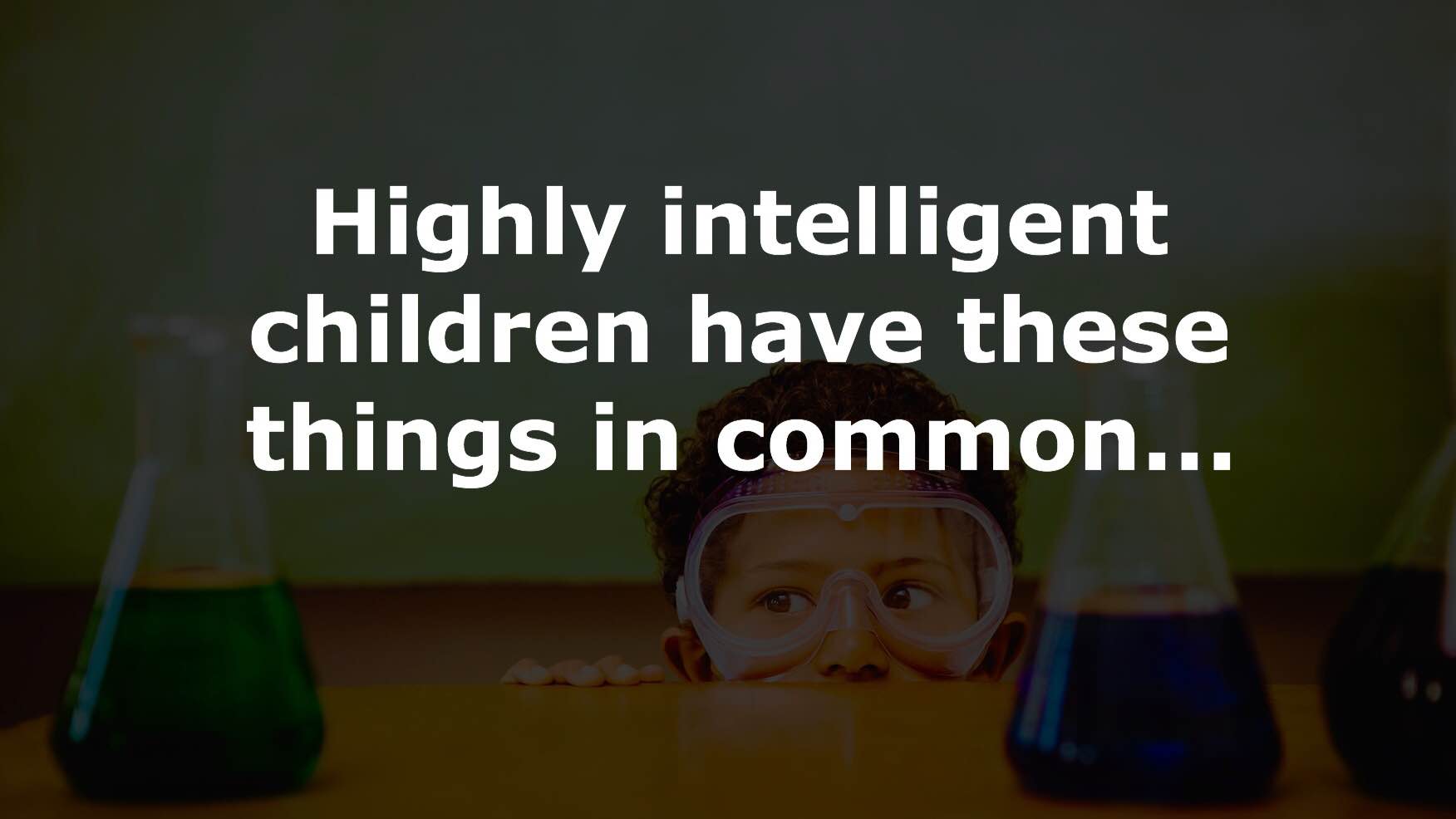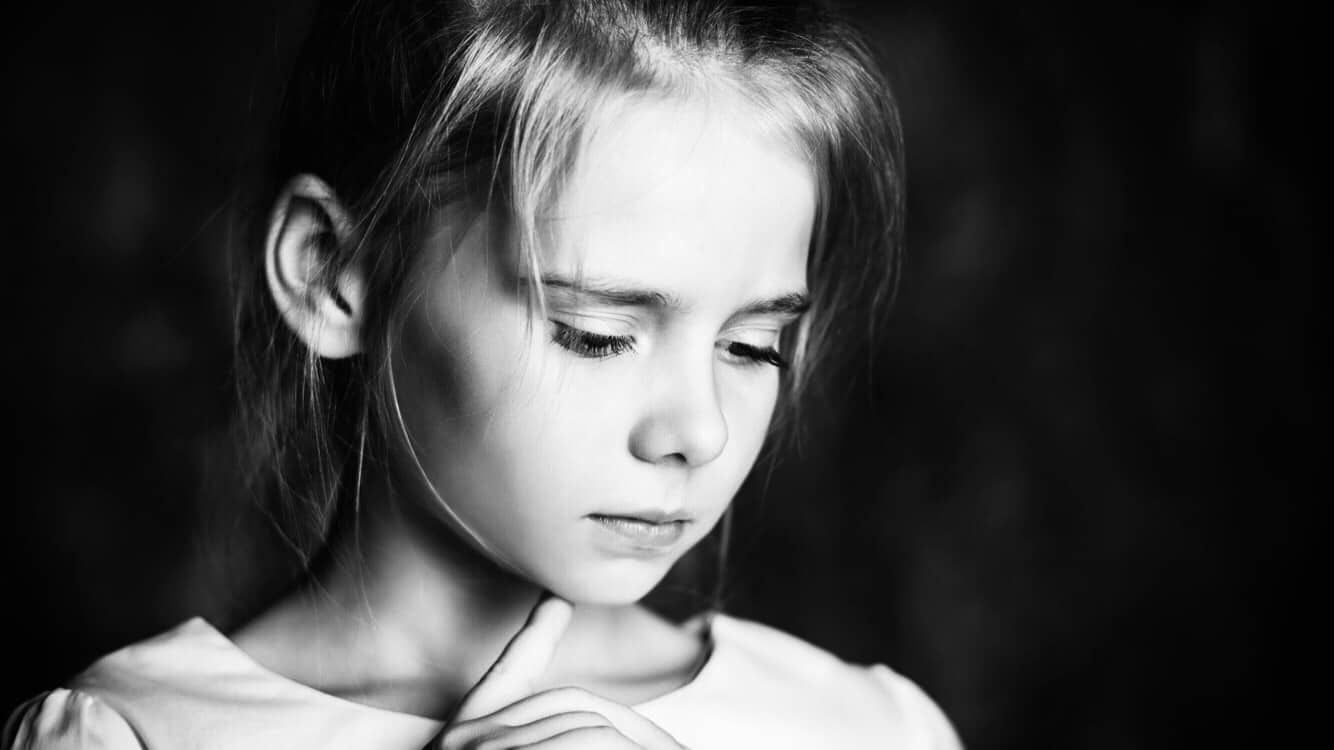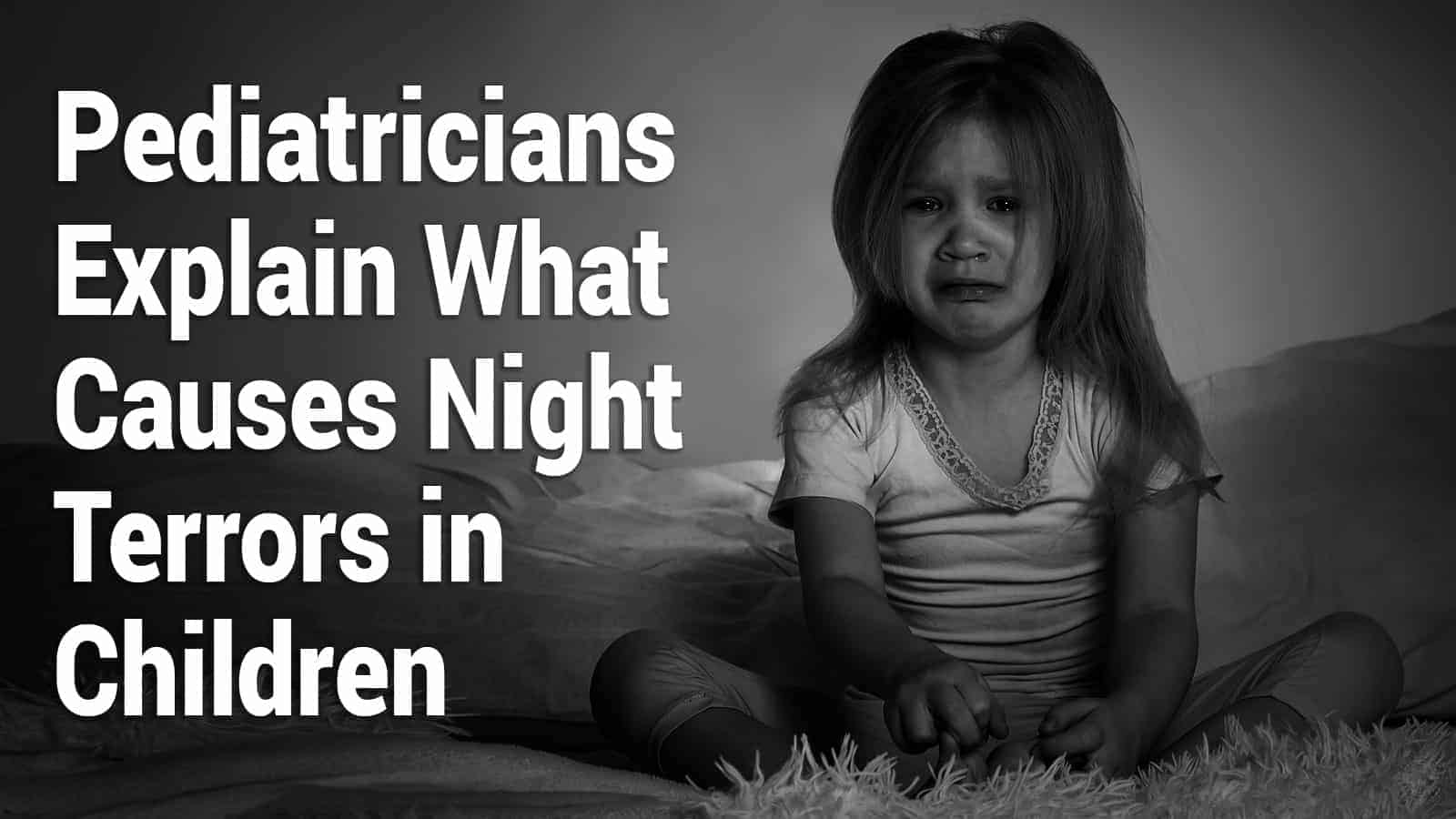A certain level of anxiety and worry is programmed into the human brain, especially when raising our children.
In the days of yore, our early ancestors grew to fear anything with sharp teeth, claws, and fur (imagine that!). In the unforgiving and deadly environment we started in, our species had to rely on instinct to survive.
The years passed, and the brain slowly evolved; but the instinctual, fight-or-flight center of the brain – the amygdala – has remained. Although we’ve become a much smarter species, the amygdala cannot distinguish between real and perceived threats. The same goes for certain emotional parts of our brain. This is where age and development come into play because brain development comes with physical development.
The frontal lobe is the most recently evolved part of the brain; it is also the last to develop in young adulthood. The frontal lobes play critical roles in problem-solving, initiation, judgment, impulse control, and social and sexual behavior, among other things. In other words, the younger we are, our emotions, hormones, and other autonomic functions will influence our thinking and decisions.
We all face trials and tribulations as we go through life – and kids are no different. Research shows that children face a unique set of challenges throughout certain phases of life or stages of development. To complicate matters, children are believed to not develop the capacity to cope with most things involving anxiety and worry until near adolescence.
“Ages and stages is a term used to outline key periods in the human development timeline broadly. During each stage growth and development occur in the primary developmental domains including physical, intellectual, language, and social-emotional.” – The Children Development Institute
Here are the primary challenges children face according to their stage of development:
Infants and Toddlers (Birth – 3 Years Old)
The primary challenge during this stage is what psychologists call emotional regulation. Despite popular belief, kids can feel a wide range of emotions early, including joy, excitement, fear, grief, sadness, and anger.
A critical step in child development is helping them understand and embrace their feelings – both good and bad. When you help your child understand his or her feelings, you better equip your child to manage those emotions.
Expert tip:
- Tune in to your baby’s cues – sounds, gestures, and facial expressions – and respond with sensitivity. This shows your infant that their feelings are recognized and important.
Preschool Years (3 – 6 Years Old)
The biggest challenge likely to face parents at this stage is the child’s newfound sense of independence. Michele Borba, EdD, author of The Big Book of Parenting Solutions, says, “These ages are among the most active and frustrating in terms of parenting.”
Whether or not your child agrees with you, consistency and routine are key for preschoolers. You will be in for a long three years when you’re not dependable regarding what the child can do and when they can do it. Inconsistency can also confuse children. They will continually test their boundaries if they sense that rules change depending on their parents’ mood.
Expert tip:
- Give your child plenty of time and space for free play. Expect your child to challenge you during this phase. Moreover, resolve to keep a level head as you deal with those challenges.
School Age (6 -12 Years Old)
The most significant challenge kids face at this stage is fear of uncertainty. While the child may relish their independence, there is no mistaking their dependence on Mom and Dad to help navigate a scary and mysterious world.
Right up there with fear of uncertainty is the fear of rejection. Your child is slowly beginning to understand that it’s a big world out there – and they can’t go at it alone. The development of loving, nurturing relationships inside and outside of the home is crucial.
Expert tip:
- Please encourage your child as often as possible and shower them with plenty of praise. Allow them to experience the natural consequences of their behavior and provide logical consequences to help them learn from mistakes.
- Ask, “How was your day?” and show loving concern when necessary.
Teenagers (13 – 19 Years Old)
Adolescence is fraught with numerous challenges – mentally, socially, and physically. Most of these challenges stem are exacerbated by puberty. But the pressure – from peers and society at large – may be teenagers’ biggest challenge. The culmination of these internal and external pressures can lead to substance abuse or mental health problems.
The Child Development Institute summarizes the teenage years as follows:
“During adolescence, kids need their parents more than ever. Research shows that [with] a positive family environment – including fun family activities, open parent-child communication and the encouragement to participate in positive extracurricular and community activities – teens are able to navigate these years with relative ease.”
Expert tip:
- Although your teenager may rebel at this phase of their life, they secretly need your guidance.
- Do not force your teenager to open up. Instead, remind them that you are – and always will be – there for them.

Final Thoughts on Helping Your Children Through Every Developmental Stage
Parenting provides some of the most significant challenges of life. More importantly, however, parenting gives you some of the deepest joys you will ever experience. Assure your children – at every stage of development – of your love for them. Verbalize your dedication to always be there for them no matter what they face in life. Positive and healthy relationships with loving parents are key in your child’s ability to develop into a healthy adult–and whole individual.


















